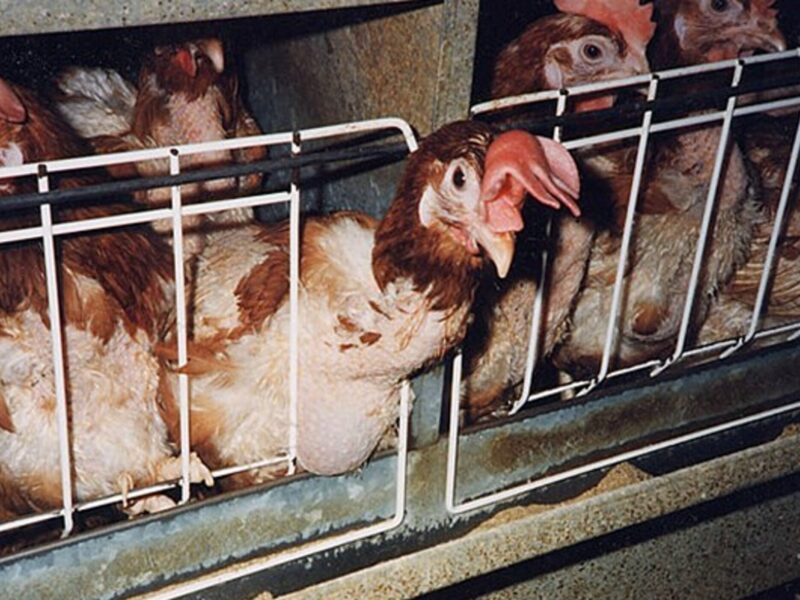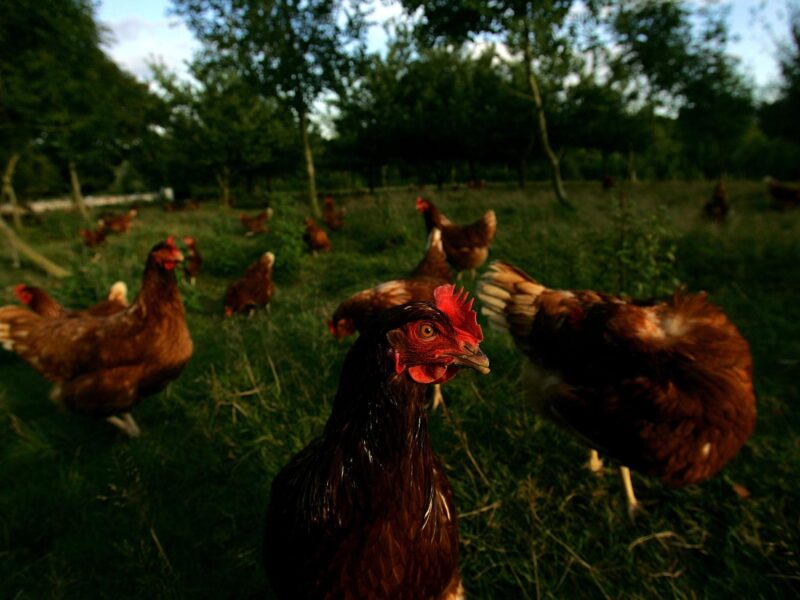
Raising the Forgotten Issue of Food

Credit: Alison Kentish/IPS
Why The United Nations Food Summit is already a Success
“It is our moral imperative to keep our promise to achieve the Sustainable Development Goals by 2030,” says UN Secretary-General António Guterres ahead of the historical UN Food Systems Summit which will take place on Thursday, September 23.
To my mind, the UN Secretary-General has done something extraordinary – in convening the Food Systems Summit he has hoicked the issue of food to something resembling where it should be – a major global issue that needs to be addressed urgently. He has used his office to raise it as an issue of huge significance, joining the dots between food and the mounting crises of climate, nature collapse, health and hunger. He has pointed to the urgency of transformation. That without fundamental reform of the food system by 2030, the world’s government’s will be failing our children.
“It is time to change how we produce and consume, including to reduce greenhouse emissions. Transforming food systems is crucial for delivering all the Sustainable Development Goals,” is the way Guterres first put it when announcing the Summit.
Transformation
And he is not wrong. Transforming our food systems are essential if we are to create a liveable future for coming generations. Food is responsible for about a third of all greenhouse gas emissions. Producing it takes up half the habitable land surface of the planet. And through industrial animal agriculture, it is a major driver of wildlife declines and the biggest cause of animal cruelty on the planet.
Despite food having such huge impact on all our futures, it has been strangely absent from so many key forums. Take climate talks where food, particularly animal-sourced foods, barely get a mention despite the livestock sector being responsible for more greenhouse gases than the direct emissions of all the world’s planes, trains and cars put together.
The Summit aims to address this absence, awakening the world to the fact that we all must work together to transform food systems. It is a summit for everyone everywhere – a people’s summit. It is also a solutions summit that will require everyone to take action to transform the world’s food systems.
Planetary Boundaries
And not before time as food systems now risk busting planetary boundaries, risking widespread collapse of the natural world on which we all depend. Agriculture already dominates land-use around the world, with four-fifths of it devoted to livestock production. Despite such vast commitment of land, livestock products provide only 37 per cent of humanity’s protein and but a fifth of our calories. Hardly efficient and with little room for growth.
The livestock sector, driven by factory farming, is also a useful indicator of how the natural and manmade worlds are now out of balance. Taken together, the weight of humans and the animals we rear for food account for 96 per cent of all mammals on Earth. Everything else, from elephants to badgers and mice make up just 4 per cent. In the avian world, domestic poultry account for 70 per cent of birds by mass. As David Attenborough puts it, “This is now our planet, run by humankind for humankind. There is little left for the rest of the living world”.
It is a challenge we need to address head-on: in a world producing 80 billion land animals for food a year, most of them factory farmed, resetting the balance will require switching to welfare-positive, nature-friendly production with fewer animals.
Boycotts
Despite being billed as a ‘people’s summit’, some important civil society interests have chosen to boycott it. Others have pulled out along the way, frustrated by the difficulties involved in creating change. Fears have been raised about the lack of process and accountability in decision-making and that rules of engagement seem to have been determined by a small number of actors weighted in favour of industry. The central concern has been that the Summit risks being captured by a narrow set of industry interests to the detriment of social movements, indigenous peoples and civil society organisations. Whilst empathising with concerns, I find disengagement regrettable, counterproductive even. When civil society steps out of the process, it creates a vacuum filled by those seeking to preserve the status quo.
Better in my view to be involved in shaping the Summit and celebrating the fact that food is being elevated as a cross-cutting issue of importance.
Summit Outcomes
So, what can we expect from the Summit?
Well, its stated ambition is to launch bold new actions to deliver progress on all 17 SDGs, each of which relies on “healthier, more sustainable and equitable food systems”. It should be borne in mind that the Summit itself is not a decision-making process. Instead, it is a gathering of game-changing solutions. A festival of ideas for saving the planet. What happens next is up to us.
Where the outcomes will go will be decided by the various agencies and member states involved, influenced by us. As civil society, we need to play our role in making sure that vital elements of the Summit are hand-carried into other forums, for example, insisting that food is addressed at COP26 climate talks in Glasgow later this year.
Like others in the animal welfare community, I am clear about what is the most important game-changing solution: ending factory farming and the over-reliance on animal-sourced foods. Achieving it will require a massive shift in policy thinking. But big change starts with recognition of the problem and the need for action.
The opportunity before us is to use the momentum of the UN Food Systems Summit and its powerful emphasis on transforming food systems – not just tweaking them – to make the kind of changes happen that are needed if we are to save the future for animals, people and the natural world on which we all depend.
Note: This article was first published in The Scotsman on Monday 20th September, 2021





